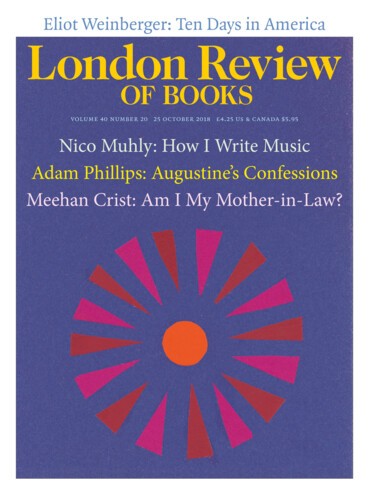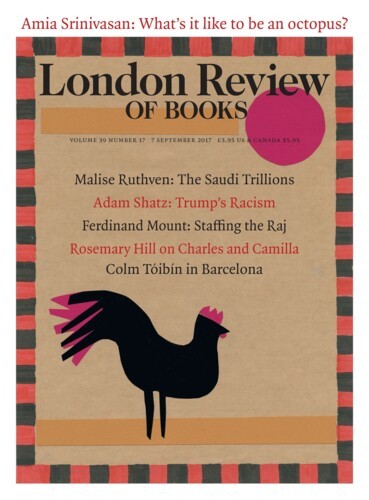From The Blog
16 February 2017
Donald Trump’s personal pathologies aside, it has become obvious that the worst possible leader of a self-styled democracy is the patriarch of an enormous family business, especially one that likes to slap its name in huge gold letters on every item, whether skyscraper or towel – and to whom people inexplicably pay money to paste the name on their own wares. A Trump employee is loyal to Mr Trump, as he’s always called, and one disagrees with the boss man, however mildly, at considerable risk. A federal employee, below the top-level appointments, is loyal to the government. A patriarch rules by fiat; a president has to deal with all those annoying existing laws and the courts that enforce them, agencies full of hundreds of thousands of recalcitrant bureaucrats, know-it-all pundits in the media, a loudmouth opposition party, and contentious factions within his own party. Everyone has an opinion.
16 February 2017



